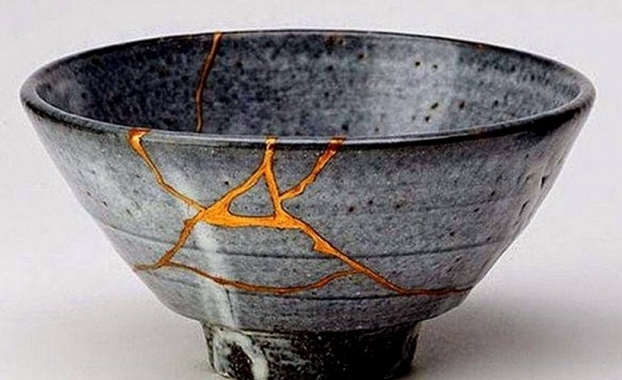Housing and the digital city: A golden repair?
The challenges and opportunities of Digital for our cities
Brussels, 5 July 2018 | Urban
Eddy Adams moderated the recent conference of Housing Europe in Tallinn 'Livability and Affordability in the Digitized City' and reflects upon the main message of the event.
By Eddy Adams*
You see my gold teeth when I laugh. To me, they’re a reminder of a poor diet and too many sweets in my Glasgow 1970s childhood.
My dentist persuaded me to get them. ‘Dentists love gold’ was his observation. I already knew that: I’d been paying his bills for years. But that’s not what he meant.
He explained that gold is malleable whilst tough. So tough, that my gold crowns would be stronger that the original; a repair that enhances resilience.
I thought about this the other week when listening to Adam Greenfield. In case you don’t know, Adam is a thought leader in all things digital. We were in Tallinn, where he was reflecting on liveability and affordability in the digital city - as part of Housing Europe’s annual conference.
The connection to my gold teeth? Well, in his whirlwind input, Adam shared a striking image from Japan. It shows a delicate ceramic bowl which has been broken then repaired with gold. This is no accident, but a deliberate art form known as kintsukuroi – which translates as golden repair.
Aesthetically, the result is beautiful. But that’s not the main point. The repaired bowl, infused with molten gold, is stronger than the original object. The message? That it’s possible to repair things in a way that enhances and transcends the original.
Adam was, of course, drawing an analogy with our housing situation - particularly in our cities, where almost 3/4 of Europeans now live. It’s not hard to see what’s broken. Increasingly, our cities are unaffordable, particularly to the young and the less affluent.
Alongside this, driven by rampant gentrification and the repurposing of neighbourhoods, established communities are disappearing. Combined with different living patterns, this is creating an epidemic of loneliness in our cities, brilliantly documented by George Monbiot and others.
There are digital fingerprints all over these trends. The best-known villain in the dock is AirBnB. Initially feted as a cuddly sharing economy tool enabling the mobilisation of latent assets, for many it has morphed into a monster. Barcelona, Berlin and Amsterdam are three of the high profile cities trying to get to grips with it, as it removes chunks of affordable rented housing from the market.
But, as ever, the story is not quite so simple. Barcelona might be in a direct head to head with AirBnB, but Amsterdam and others have been exploring ways to collaborate with the tech platform. Their rationale is that digital platforms are here to stay. Consequently, as the genie’s out of the bottle, we have to deal with them. City governance is playing catch up.
Yes, digital presents us with many challenges. But it also offers opportunities and we heard about these in Tallinn too Ultimately, though, the tools won’t determine the net impact of digital on Europe’s housing sector. Smart as they are, they remain just that; tools. What matters is how we use them - and that comes down to other factors: leadership, policy goals and, dare I say it, values.
Do we want our cities to be affordable? Do we want the European mixed-income urban model continues? Do we want to rebuild our communities, tackling the scourges of loneliness and widening inequality?
If so, then digital tools can help. The prize is an enhanced city model that is even more resilient than before. A golden repair. Are we up for it? Housing Europe is. You can find out more about the event, and Housing Europe’s plans here.
* Eddy Adams is urban policy expert and moderator
Leave comments